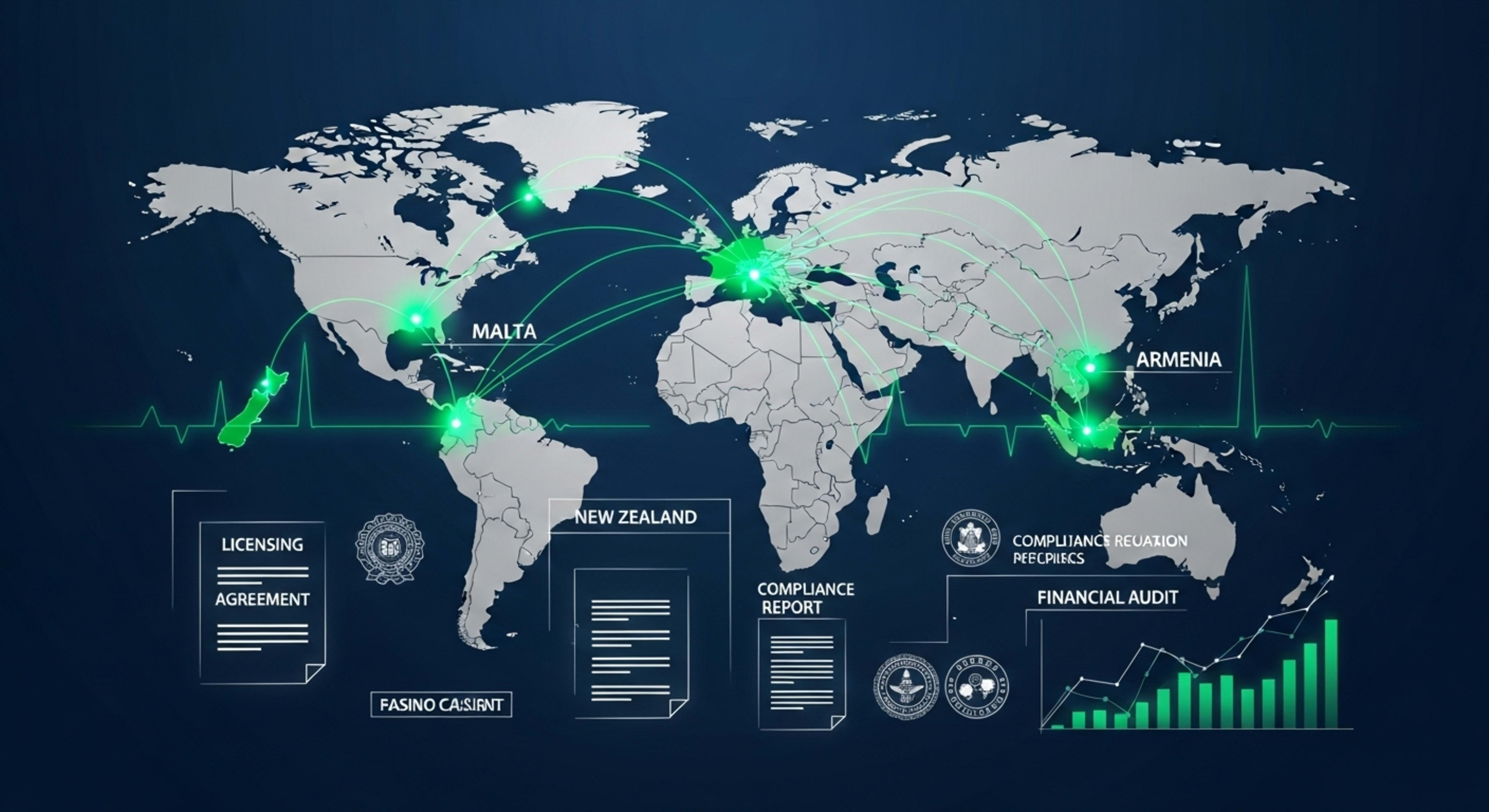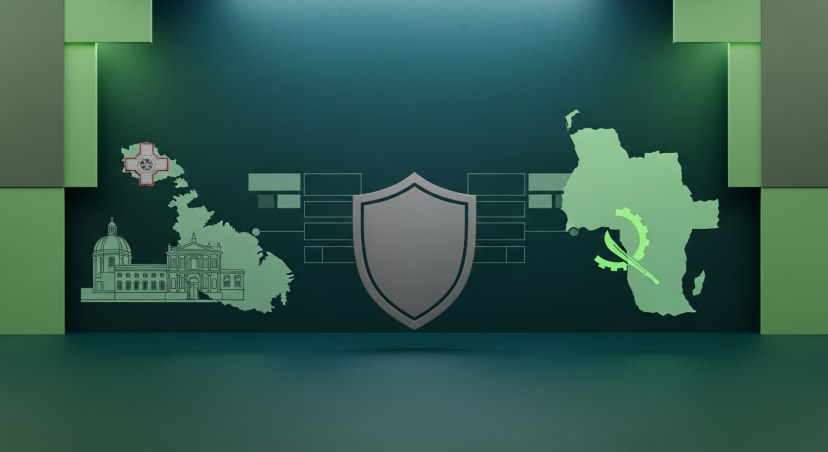Regulators Accelerate New Casino Entries in Key Jurisdictions

Recommended casinos
Key Takeaways
- Malta and Armenia impose steeper licensing fees to fund responsible gambling infrastructure and deter speculative entrants.
- New Zealand and Finland dismantle monopolies, inviting international operators under strict compliance timelines.
- Uzbekistan formalizes online casino regulation, creating Central Asia’s first structured iGaming framework.
Malta Gaming Authority Enforces €7 Million License Fee Structure
The Malta Gaming Authority (MGA) implemented a revised fee schedule on 1 November 2025, setting the nine-year B2C online casino license cost at €7 million, a 50% increase from the prior rates. Announced via MGA/2025/012 directive, the adjustment applies to all new applications from November 15, with existing licensees grandfathered until renewal. The regulator cited enhanced supervisory capacity and mandatory contributions to the Responsible Gaming Foundation as justification.
This positions Malta as a premium jurisdiction, where only operators with proven financial resilience—typically subsidiaries of publicly listed groups, such as Entain or 888 Holdings—can secure entry. Approval timelines now average 14 months, incorporating sandbox testing for AI-driven player protection tools. The policy reinforces Malta’s 25% share of EU iGaming GGR while ensuring €52 million annually flows to harm prevention programs.
Source: Malta Gaming Authority Official Gazette
New Zealand Confirms 15 Online Casino Licenses for 2026
New Zealand’s Department of Internal Affairs published the Interactive Gambling Bill on November 5, 2025, confirming that up to 15 online casino licenses will be auctioned starting in February 2026. License type: Class 4 Interactive, five-year term, NZ$5 million base fee plus 20% GGR levy. Minister Brooke Van Velden emphasized mandatory integration with the national Multi-Operator Self-Exclusion System (MOSES) from launch.
The framework ends Sky City’s de facto dominance and targets operators with Ontario or UKGC credentials. Expected first-wave entrants include Flutter Entertainment and Betsson AB, with commercial launches mandated by July 1, 2026. The regime projects NZ$180 million in annual tax revenue and 98% channelization within 24 months.
Source: New Zealand Department of Internal Affairs
Armenia Introduces Tiered Online Casino Licensing via Ministry of Finance
Armenia’s Ministry of Finance activated Decree No. 1824-N on November 4, 2025, establishing two online casino license categories: €600,000 for integrated (land-based + digital) and €300,000 for standalone remote operations. Validity: five years, renewable. All licensees must deploy certified responsible gambling software that has been audited by Gaming Laboratories International (GLI).
The reform consolidates oversight under the newly created State Commission for Gambling Regulation, replacing fragmented municipal approvals. Current operators, such as Digitain, face a six-month transition; new applicants, on the other hand, require proof of €2 million in reserved capital. The policy aims to reduce the prevalence of problem gambling from 8.2% to under 5% by 2028.
Source: Ministry of Finance of Armenia
Finland Opens Competitive Licensing Post-Veikkaus Monopoly
Finland’s Ministry of the Interior confirmed on November 6, 2025, that Veikkaus will lose its online casino monopoly on January 1, 2027, with the Finnish Gambling Authority (FGA) accepting applications from the third quarter of 2026. License fee: €500,000 initial + 12% GGR tax. Operators must maintain a Finnish-language customer support center and integrate with the national Piccolo self-exclusion registry.
The transition follows a 2023 EU infringement proceeding and aims to achieve 85% market channelization. Priority given to applicants holding Swedish Spelinspektionen or UKGC licenses, projected 25–30 operators by 2028, generating €120 million in annual duties.
Source: Finnish Ministry of the Interior








